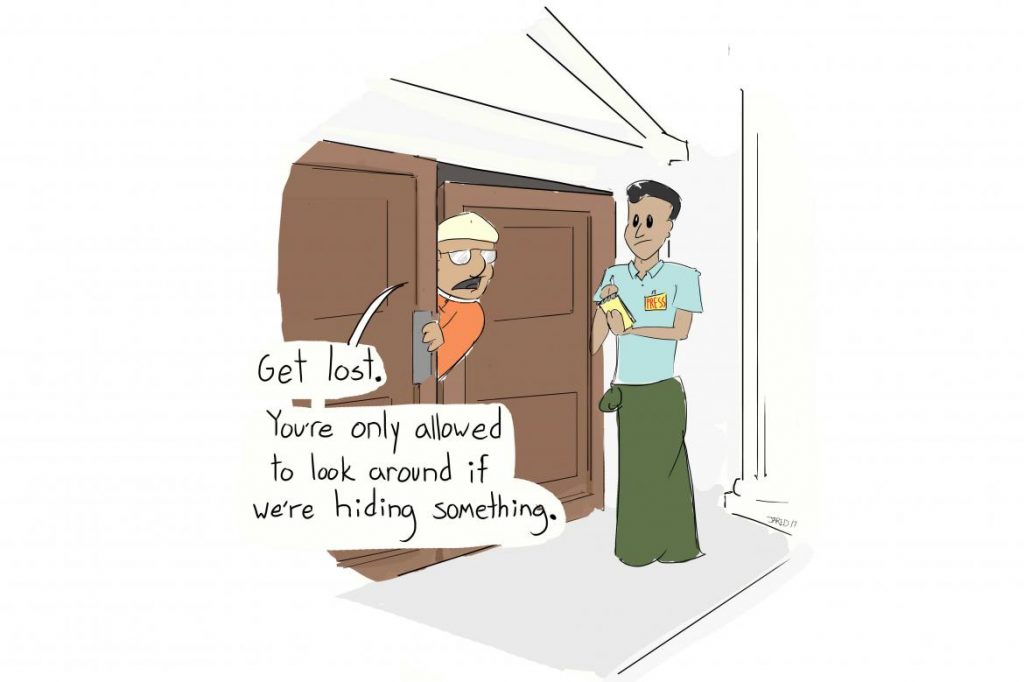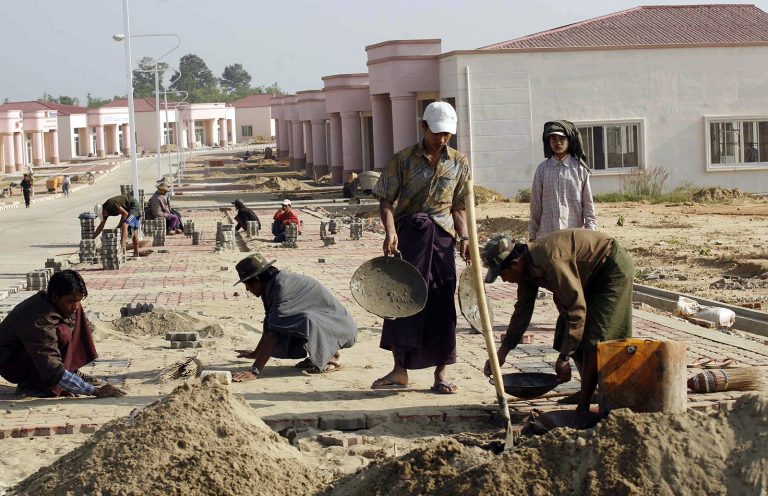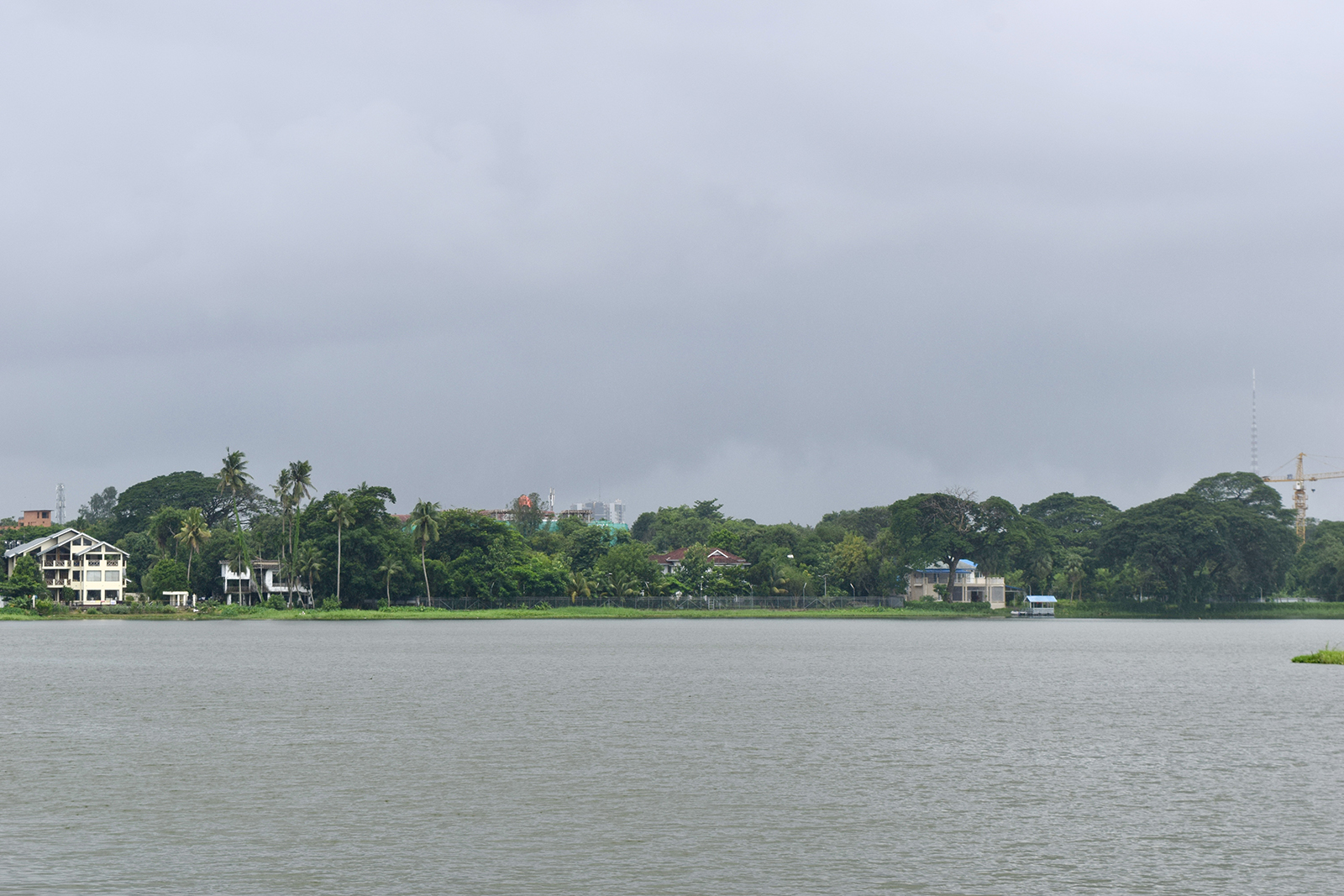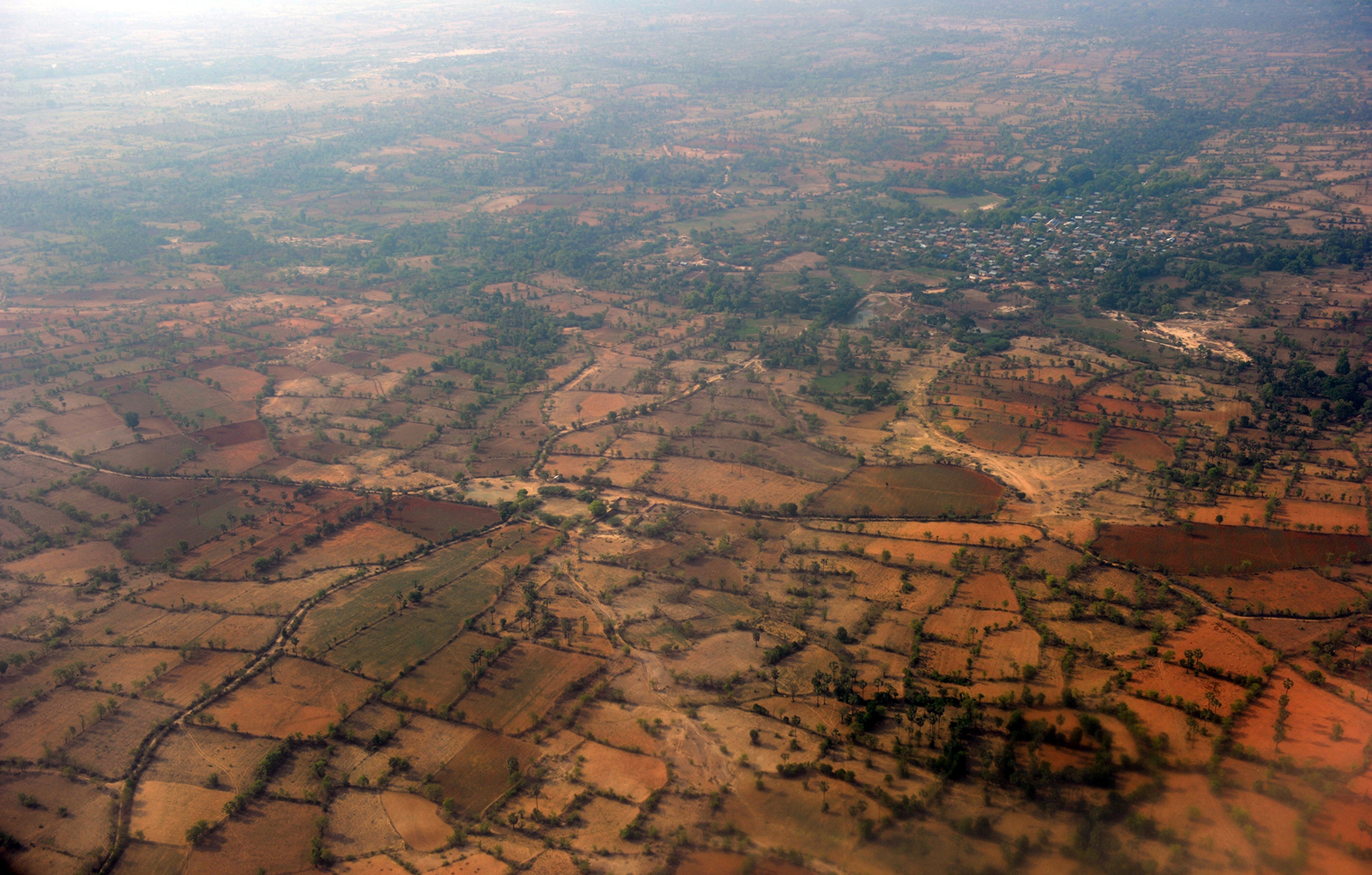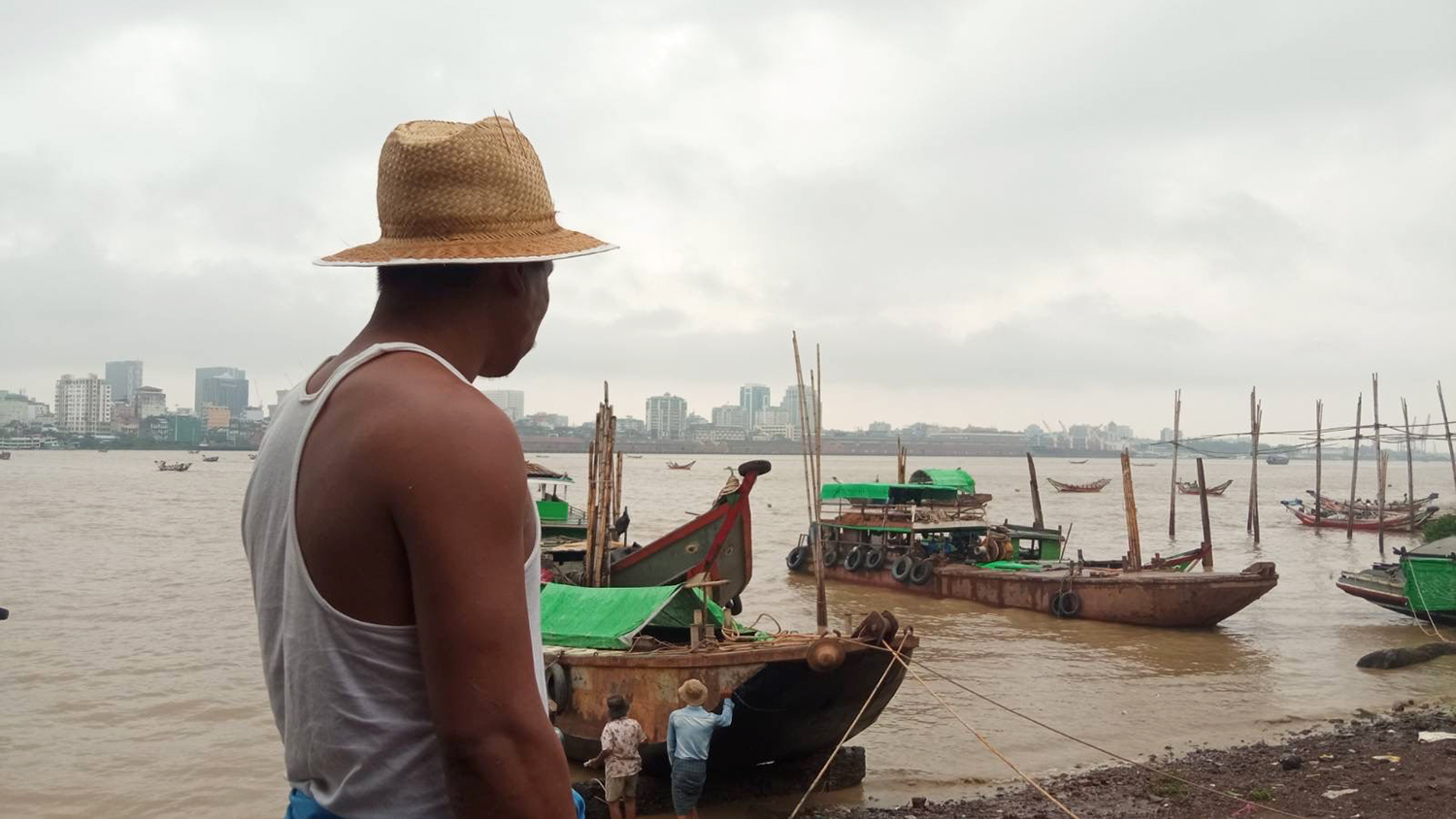Why should basic information be treated as though it’s a state secret?
IN A RECENT issue, Frontier Myanmar detailed the government’s plans – or at least, what is known of them – for a massive civil servant housing project on the outskirts of Yangon.
The original angle for the story was that local farmers were complaining they did not receive compensation as entitled under the law. But as we examined the project more closely, a number of other issues emerged.
The company overseeing construction included regional government ministers, Yangon City Development Committee members and construction industry representatives. On its own, this would not necessarily be concerning. Close cooperation between the government and private sector can potentially bring about better outcomes.
But when there’s a lack of transparency and accountability, a development model like this raises red flags. The project itself remains mostly a mystery. All we know is that there are supposed to be 4,000 rooms for civil servants. Despite its scale, it was hard to find information about what the project would cost, where the funding was coming from, and what steps were being put in place to ensure accountability.
These are not difficult questions to answer. When it comes to transparency and information sharing, U Phyo Min Thein’s regional government once again gets a failing grade.
Support more independent journalism like this. Sign up to be a Frontier member.
We’ve come to expect that, though. What was more concerning is that lawmakers in Yangon and Nay Pyi Taw seemed unconcerned. One actually seemed surprised at the suggestion that MPs should be looking more closely at the project. The suggestion was made that because civil servant housing was obviously a worthy cause, it was unnecessary to ask questions.
Sorry, but we beg to differ. This housing project may indeed be the best thing since Pyidawthar (a giant housing project from the 1950s), but the public deserves to know how its money is being spent, not to mention how contracts will be awarded, how standards will be ensured and how any profits will be distributed.
Why should basic information be treated as though it’s a state secret, and the asking of questions subversive? Assuming there’s nothing untoward taking place, transparency will only increase public trust in what is already, apparently, a worthy cause.
The regional government has also left the public in the dark on developments surrounding the proposed municipal law and upcoming elections. Granted, nobody seems to care too much at the moment; the last election was a bit of a flop, with just 25 percent turnout.
Make no mistake, though: Municipal elections do matter. The quality and reach of services offered by Yangon City Development Committee has a significant impact on the lives of residents, for better or worse.
But the degree to which those elections matter is decided largely by the legal framework that specifies how they are held. If you create an election where most people can’t vote and elected representatives have limited powers, then you’ll get a low turnout. If you grant universal suffrage and give elected representatives real power, residents of Yangon might show a little more interest.
It’s hard to divine the government’s intentions at this point, because it has said so little about the planned contents of the new municipal law. The involvement of Singaporean advisers suggests the focus will be more on development than democracy. Yet elections are being planned for March 2018, according to those involved in the process.
The timeframe is a major concern. Let’s assume that at least 60 days will be needed to organise and hold the election, including to give candidates time to register and campaign. That means the law will need to be enacted in two to three months at the latest.
But the recently formed review committee has only just begun examining the draft. It could be another two months before it’s submitted the Yangon Hluttaw, leaving lawmakers with little opportunity to review the bill. Most worryingly, this schedule apparently leaves precious little time for that element of democracy so often overlooked in Myanmar: public consultation.
It all seems like an unseemly rush given Daw Aung San Suu Kyi is said to have ordered the regional government to rewrite the municipal law last December.
The people of Yangon should not be deprived of elected municipal representatives any longer than necessary. However, they should also not have an electoral framework – much less an entire system of municipal governance – foisted on them without first having the opportunity to review that framework.
This editorial first appeared in the November 2 issue of Frontier.


